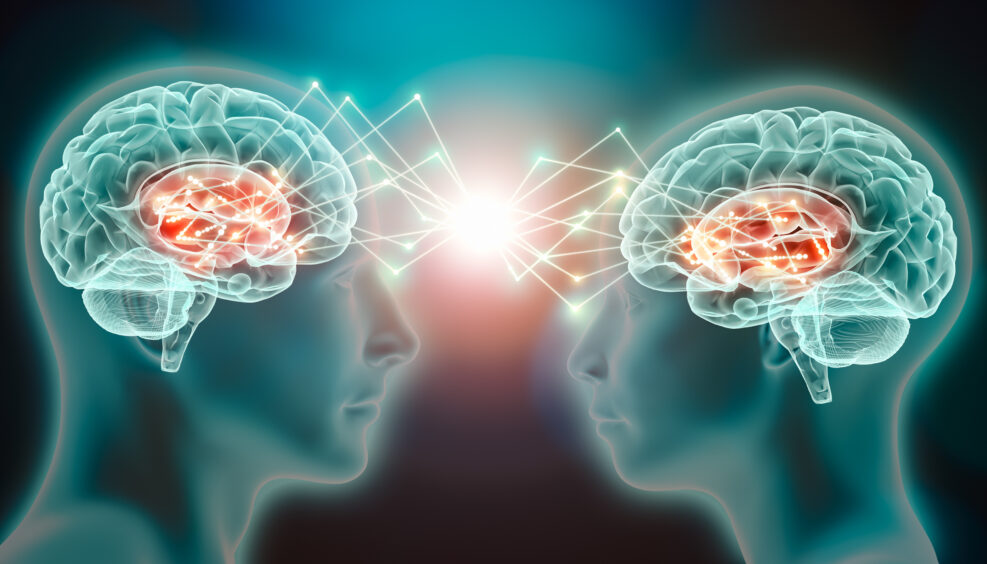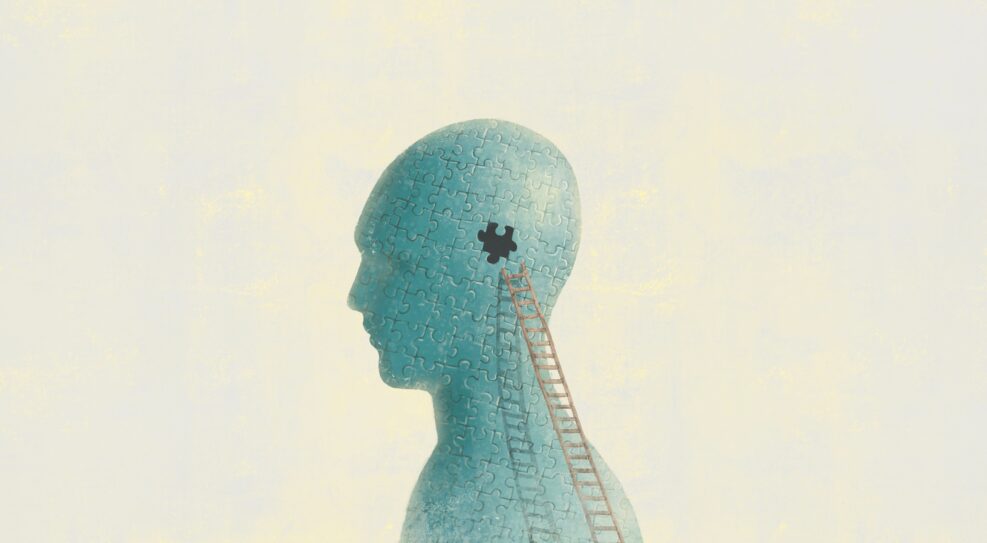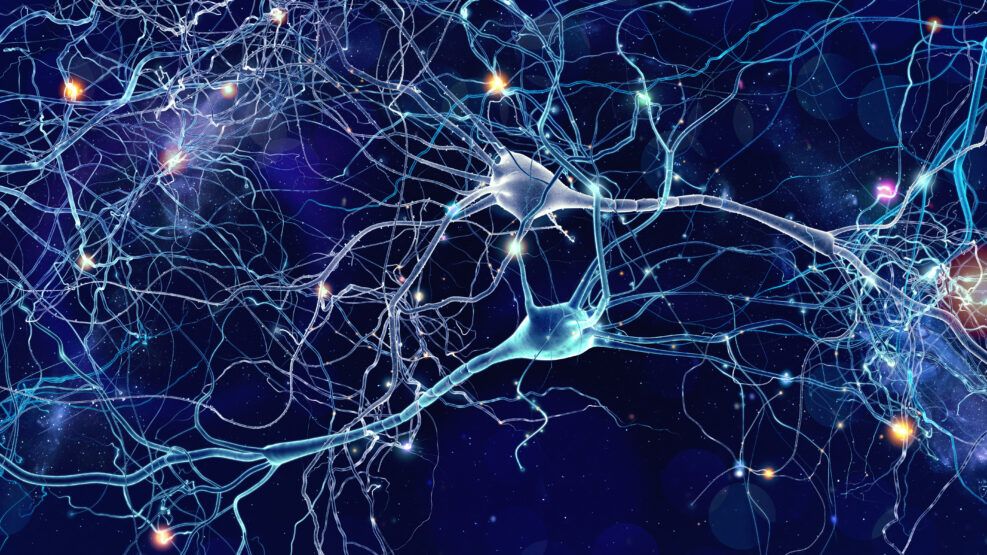
Is Dementia Research Missing the Forest for the Trees?
Sudden bouts of lucidity in people with dementia are understudied, researchers admitResearchers have begun to ask about the curious fact that persons with obvious dementia sometimes have lucid episodes: “In the last week, Sarah has occasionally said things that were recognizable, startling her family. Most notably, on two occasions, she clearly and unexpectedly told her spouse, “I’m scared. I want you to come with me.” These episodes unsettled him. He reported them to Sarah’s physician, asking for advice. (This case is adapted from one of the author’s [JK] clinical experiences.)” – Peterson A, Clapp J, Largent EA, Harkins K, Stites SD, Karlawish J. What is paradoxical lucidity? The answer begins with its definition. Alzheimers Dement. 2022 Mar;18(3):513-521. doi: 10.1002/alz.12424. Epub 2021 Aug 2. PMID: 34338400; PMCID: PMC8807788. The paper is open Read More ›


















